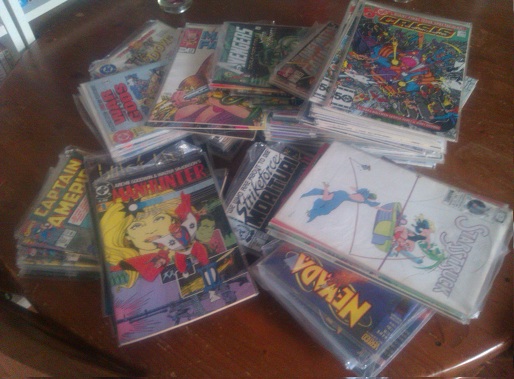They took Kathryn to a psychologist outside of Philadelphia who specializes in treating the transgendered. Michele Angello confirmed what Jean had long suspected: Kathryn had gender dysphoria. She recommended that Kathryn be allowed to live as a boy, a prospect that filled Stephen with dread but his 4-year-old with elation.
Kathryn wanted to be called “he” right away. And Kathryn wanted to be called Talon, then Isaac, but finally settled on a permanent boy’s name in the fall. (The Post is using Tyler, the name his parents say they would have given him if he’d been born a boy.)
“When we finally let Tyler shop in the boys’ clothing department, it was like the skies opened up,” Jean said.
They switched to saying he/him/his and stopped using the name “Kathryn” at home.
It was a huge upheaval, a change Jean and Stephen had to remind themselves of every day. Then came the next challenge: telling family, friends, teachers and other parents that their daughter had become their son.
Spoiler: their family, friends and wider environment reacted admirably to this change.
Progress is made from stories like this; it wasn’t too long ago that the only newspaper articles you saw about transgendered/genderqueer people were about their horrific murders. In the last decade there seems to have been a decided swing towards acceptance of transgendered and genderqueer people, though of course they’re still some way away from even having the same sort of acceptance as gay people have now. Nevertheless, real progress has been made and one of my pet theories (it could be bunnies) is that the continuing struggle for gay marriage has something to do with this wider acceptance, in that it has kept both queer people and the idea that actually, you know, they’re rather normal people and not horrible horrible freaks leading a deviant lifestyle in front of the public consciousness. Only a committed bigot could’ve seen those pictures of happy gay and lesbian couples getting married and not felt some sympathy.
But while transgendered people are finally getting some acceptance, the idea of transgendered children is still strange for many people. Our gut instincts tell us that four year old children can’t possibly understand gender dysmorphia or being transgender, that “indulging” children in changing their gender is a bad idea, especially when such scary terms as “puberty blockers”, drugs to delay the onset of puberty to make it easier to undergo the full physical transition towards a new gender, are thrown about. That we really feel is wrong; and by we, I mean I and this squirrel in my pocket.
We’re wrong though; in the Metafilter discussion one commenter linked to this scientific study on “clinical management of gender identity disorder in adolescents”. This argues and provides some proof that yes, it is worthwhile to get younger children and adolescents to start transitioning, to put them on puberty suppressing drugs rather than start transitioning when legally and physically adults, as transitioning this way is much more likely to be successful in the short and long term both:
It is conceivable that lowering the age limit increases the incidence of ‘false positives’. However, it most certainly results in high percentages of individuals who more easily pass into the opposite gender role than when treatment commenced well after the development of secondary characteristics. This implies an improvement in the quality of life in these individuals, but may also result in a lower incidence of transsexuals with postoperative regrets or poor postoperative functioning. Clinically, it is known that some patients who were treated in adulthood regret SR because they have never been able to function inconspicuously in the opposite gender role. This holds especially for MFs, because beard growth and voice breaking give so many of them a never disappearing masculine appearance. But, since the number of ‘false positives’ should be kept as small as possible, the diagnostic procedure should be carried out with great care. Until now, no patients who started treatment before 18 years have regretted their choice for SR.
In situations like this we are inclined to treat the probability of a “false positive”, somebody who starts transition when “not really” transgendered as much greater and much more serious than the damages that are done or might be done by not allowing somebody to transition or to transition too late. We worry too much about “man bites dog” to see that “dog bites man” is much more common.
